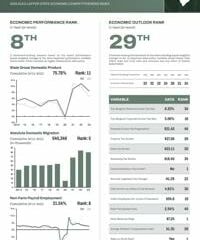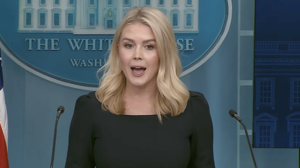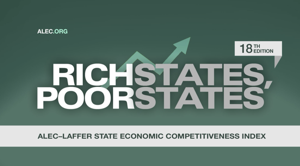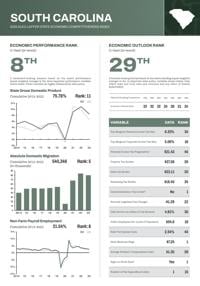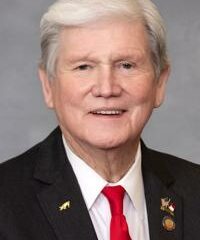(The Center Square) – The University of Wisconsin–Madison is assessing federal activity along with other schools across the nation that are responding to President Donald Trump’s executive order banning diversity, equity and inclusion.
The University of Wisconsin–Madison continues “to assess the implications” of recent activity on the federal level and “respond across multiple levels,” according to a school message.
“As these federal orders, actions, and directives continue to roll out, some of them create deep concern for and potential conflict” with the the University of Wisconsin–Madison’s “long-held values” such as “diversity of identity and viewpoint,” the message stated, while also affirming its continued dedication to such values.
In its message, the University of Wisconsin–Madison also told of its response to the Department of Education’s Dear Colleague letter. The department’s letter stated that race-based decisions in education are unlawful and schools that don’t comply with the directives may face loss of federal funding.
The University of Wisconsin–Madison’s message said: “We have charged a workgroup to assess our existing operations and make recommendations about what potential adjustments, modifications and changes may be needed in response to the ‘Dear Colleague’ letter.”
When reached for comment, the University of Wisconsin–Madison directed The Center Square to its message.
Schools across the nation have been responding both to the Dear Colleague letter and Trump’s Jan. 20 executive order entitled “Ending Radical And Wasteful Government DEI Programs And Preferencing,” along with other orders.
Trump’s order calls for the “termination of all discriminatory programs, including illegal DEI and ‘diversity, equity, inclusion, and accessibility’ (DEIA) mandates, policies, programs, preferences, and activities in the Federal Government, under whatever name they appear.”
University of Kentucky spokeswoman Whitney Siddiqi told The Center Square that the school continues “to carefully review all executive actions and guidance issued.”
“Given the changes that President Capilouto made in response to Students for Fair Admissions v. Harvard – and his subsequent decisions last August on policies and practices that have reinforced and strengthened our focus on being a place that supports many people, one community – the university’s initial assessment is that it already complies,” Siddiqi said.
In August 2024, UK’s President Eli Capilouto announced that the school’s Office for Institutional Diversity would be disbanded.
Additionally, Capilouto said that diversity training would not be mandated, diversity statements would not be required in hiring or application processes, and that “websites will be free of political positions.”
The University of Kentucky still offers a Diversity and Inclusion Graduate Certificate, however.
More recently, Ohio State University and the University of Virginia announced the closing of their respective diversity and inclusion offices, The Center Square reported.
The University of Cincinnati, the University of Arizona, the University of North Carolina at Chapel Hill, the University of Michigan, the University of Washington, the University of California, Pennsylvania’s State System of Higher Education, Brown University, and Cornell are all evaluating, reviewing, or monitoring the executive order, The Center Square previously reported.
The University of Washington Medicine spokeswoman Susan Gregg told The Center Square that the school’s previous comment stating it is continuing with its normal operations –w hich would presumably involve DEI – remains the same.
Michigan State University also told The Center Square there is “nothing new to share” concerning its previous comment that it “feels confident [it is] continuing to operate within federal and state laws” as it regards its manner of educating and hiring.
Columbia previously referred The Center Square to a “University statements page for latest updates and public statements on ongoing issues,” when reached for comment.
The page does not mention Trump’s January 20 DEI executive order, however Columbia recently removed DEI language from parts of its website and took down some DEI-related web pages, The Center Square reported
Case Western Reserve, UC Irvine School of Medicine, Johns Hopkins University, and NYU each previously told The Center Square they had no comment regarding their respective responses to the order, with UC Irvine SOM saying it may have more information “as we learn more.” None of the schools provided updates to their responses when requested.
The following schools have not yet provided comment after repeated requests concerning each of their responses to the executive order:
- Harvard
- Stanford
- Duke
- Yale
- Penn
- Northwestern University
- The University of Chicago
- Boston University
- Emory University
- Mayo Clinic School of Medicine
- UC San Diego
- Indiana University
- The University of Pittsburgh
- Community College of Allegheny County
- University of Florida
- Florida State University
- East Carolina University
- University of Cincinnati
- Louisiana State University
- University of Mississippi
- University of Minnesota



